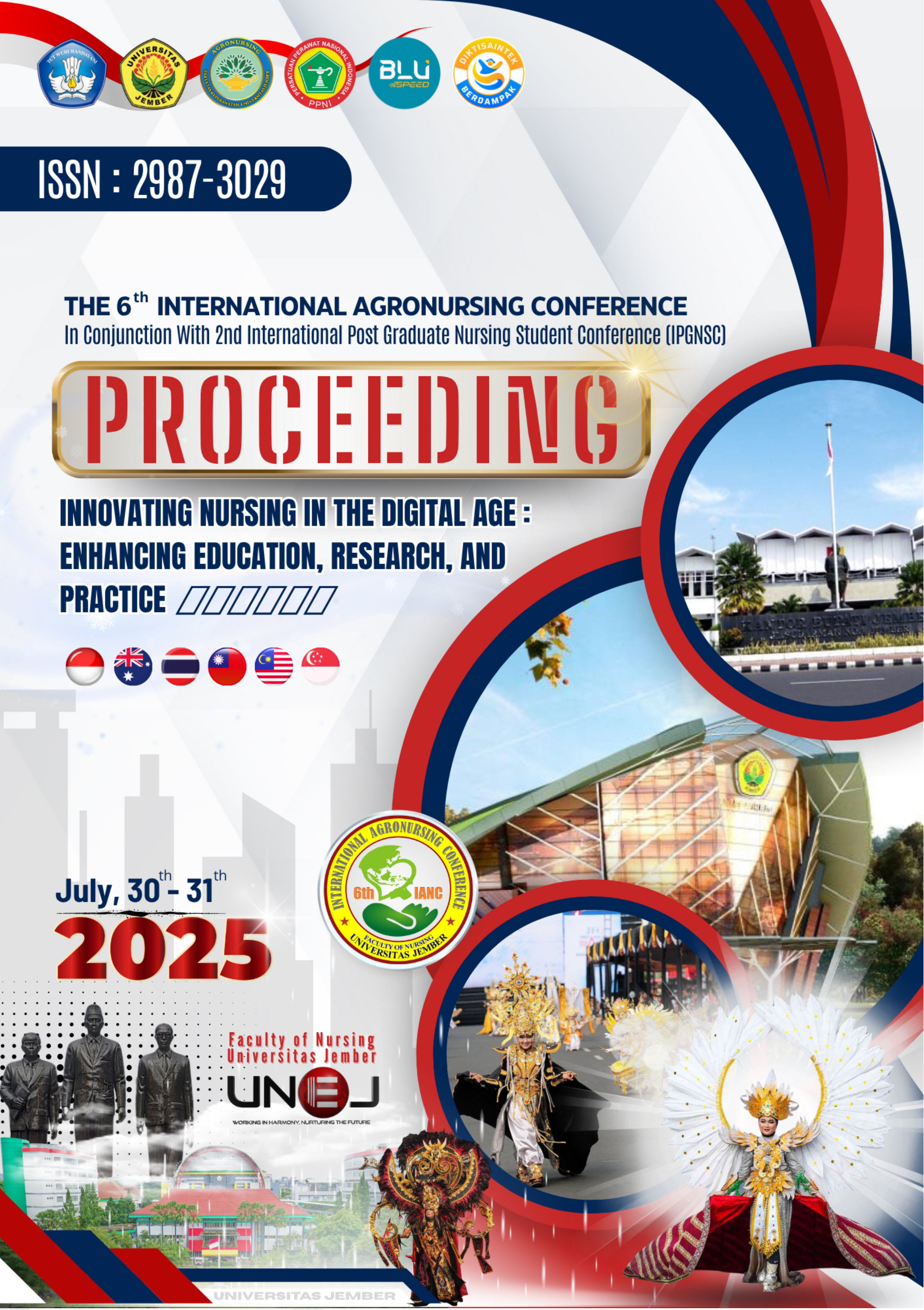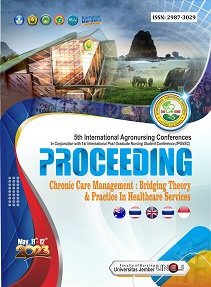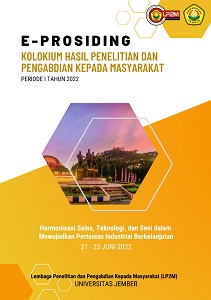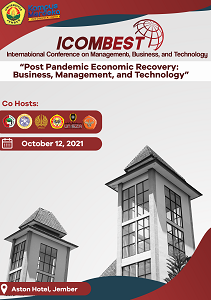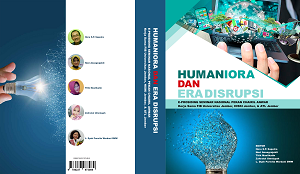THE ROLE OF FATHERS IN STUNTING PREVENTION IN RURAL AREAS
Abstract
Background: Stunting remains a persistent health issue in rural Indonesia, exacerbated by socioeconomic disparities and cultural norms. Despite policy focus predominantly on maternal roles, the father's position as family decision-maker in rural settings is crucial yet underexplored. This study aims to explore the role of fathers in preventing stunting among children in rural areas, particularly how masculine norms and limited health access affect their involvement in childcare and nutritional decisions, Methods: A qualitative descriptive approach was employed through literature analysis and review of relevant health policy frameworks, especially Law Number 4 of 2024. The analysis examined social constructions, rural masculinity, and the implications of paternal involvement in nursing practices, Results: Findings reveal that fathers' roles are constrained by rigid gender norms, lack of knowledge on child nutrition, and limited access to health services. Fathers are largely viewed as economic providers, with minimal engagement in childcare. However, those involved showed improved perception of children's health and contributed positively to nutritional outcomes and access to health facilities. Reconstructing the paternal role through targeted health education, inclusive counselling, and empowerment programs can foster shared parenting responsibility. Community-based approaches and policy alignment are essential to reshape rural masculinity narratives, enhancing stunting prevention effectiveness, Conclusions: Fathers’ active involvement is pivotal for stunting prevention in rural areas. Integrating them into family health interventions strengthens maternal-child outcomes and promotes equitable parenting. Nursing professionals play a strategic role in facilitating this cultural and behavioral transformation within the family unit.

